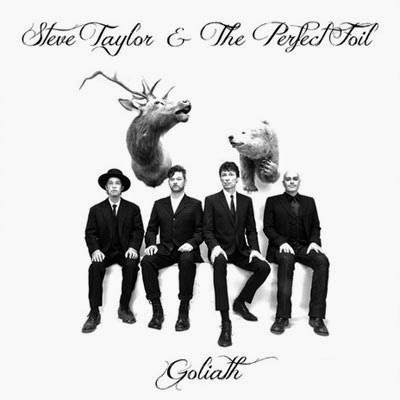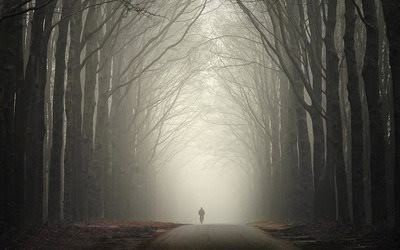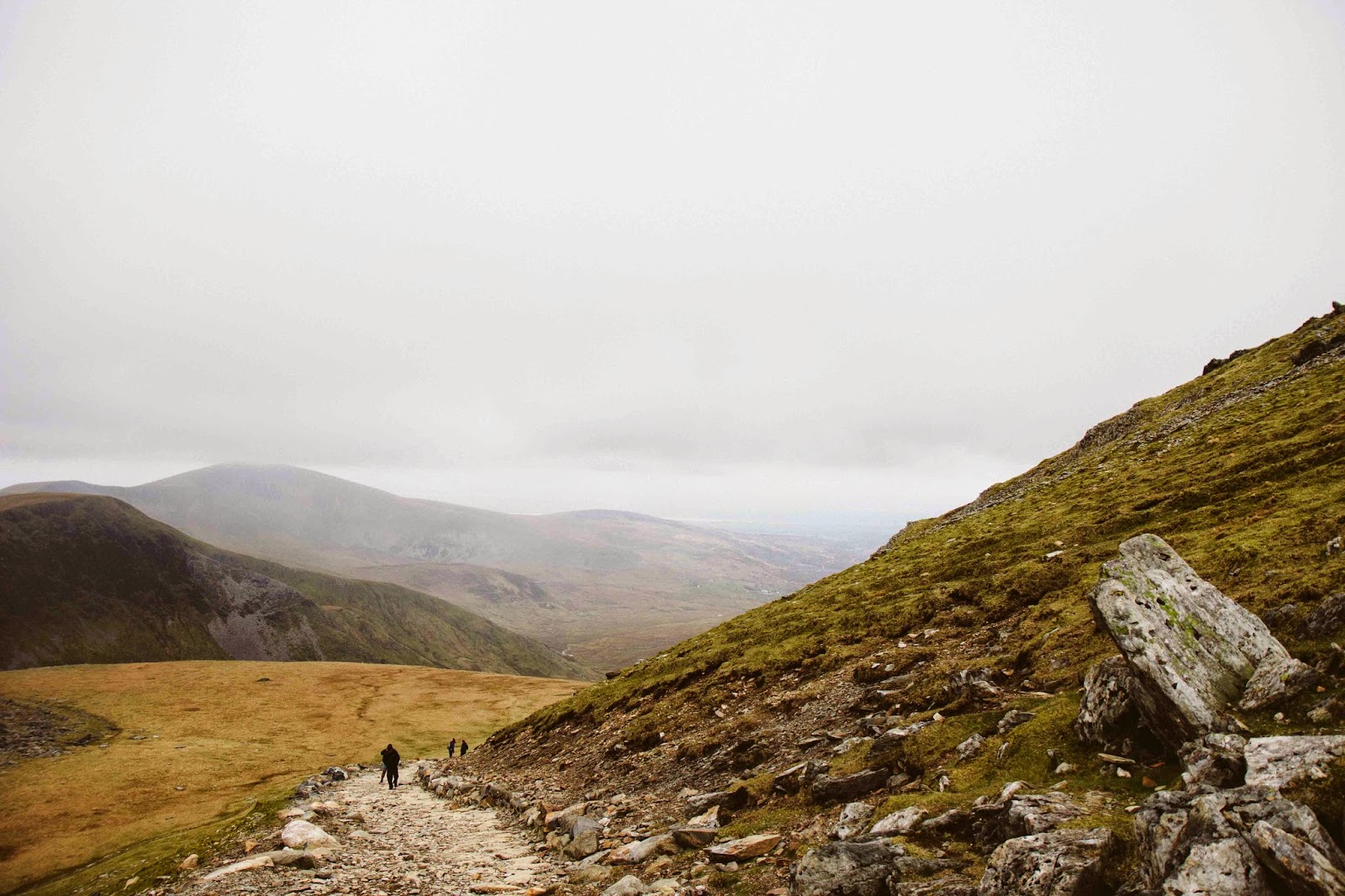
For those of you who loved Steve Taylor in the 80’s, he’s back; and back in style. The creator of such music as “Meltdown (At Madame Tussaud’s)” (1984), “On The Fritz” (1985), “Lifeboat” (1985), and “This Disco (Used To Be A Cute Cathedral)” (1985) has released a new album. He used a Kickstarter campaign to raise the funds to record a studio album and plan a tour (the video for the Kickstarter is very funny). His new band, The Perfect Foil, includes Peter Furler, the former drummer and lead singer of Newsboys. Taylor and Furler have worked together for years and Taylor was behind many of the quirky lyrics of Newsboys songs. Remember these lyrics from the Newsboys song “Shine”:
And try as you may, there isn’t a way
To explain the kind of change
That would make an Eskimo renounce fur
That would make a vegetarian barbecue hamster
Pure Steve Taylor lyrics.
The new album is called “Goliath” and was released on November 18. Although Taylor is known for his satirical songs, he is equally adept at serious poetry. “A Life Preserved” is one example on the new album.
A Life Preserved
(Music and Lyrics by Steve Taylor on the album Goliath by Steve Taylor and the Perfect Foil)
(Listen while you read)
Bobbing for air, I’m back again
A perfect ten of a dive without a pool
A perfect fool too slow to know
His wind has been knocked out till I’m gasping
Bobbing for air, been up and down
The once renown, angling for another act
Another tactical advance to who knows where
You found me there, I heard you there
Calling me out of the shallows of my world
Called to something graceful, something true
Gratitude’s too cheap a word for all you’ve reassembled
From a spirit broken and unnerved
A life preserved
A life preserved
Bobbing for air, I’ve been atoned
Creation groaned to lift me as I drowned
And set my feet up on the mound of rock you crushed for me
A place to stand, whisper a command
Calling me out of the shallows of my world
Called to something graceful, something true
Gratitude’s too cheap a word for all you’ve reassembled
From a spirit broken and unnerved
A life preserved
Bobbing for air, I have been served
A life preserved after all I’d cast away
You tipped the grayscale till the scales fell back to earth
And I saw colors, I heard a shout
Bobbing for air
Calling me out of the shallows of my world
Called to something graceful, something true
Gratitude’s too cheap a word for all you’ve reassembled
From a spirit broken and unnerved
A life preserved
Calling me out of the shallows of my world
Called to something graceful, something true
Gratitude’s too cheap a word for all you’ve reassembled
From a spirit broken and unnerved
A life preserved
I am very glad Steve Taylor is producing new music and getting out on the road to do some touring. The need is so great that I was about to start my own Steve Taylor Tribute Band. “Hey . . . I can do tall skinny white guy pogo-ing on the stage. Get me an “On The Fritz” suit and I am ready to go!”

“Oh little town of Bethlehem, how still we see thee lie. Above thy deep and dreamless sleep the silent stars go by.”
Earlier this week, the Rosetta spacecraft reached the end of a ten year journey and delivered the Philae lander to the surface of Comet 67P/Churyumov-Gerasimenko. After a bouncy landing in the open planes, the lander came to rest too close to a cliff to recharge its batteries with solar panels. This caused the computers on the washing-machine sized vehicle to power down into hibernation mode. Mission scientists are hopeful that it may yet achieve a better position relative to our sun and charge its batteries enough to wake up. But, for now, it must slumber in deep heavenly, frigid, peace.
Meanwhile, the comet, barely perturbed by the added weight and jostlings to its orbital path, continues on in a slow arc around the sun. This trajectory will sling it close to the sun and then hurl it back out beyond the orbit of Jupiter. The Rosetta spacecraft, like a dog whose master has died, will remain close beside, looking for some sign of life. The little lander that could is now one more piece of interplanetary material circling the sun and waving to earth as it flies by each 6.5 years. As it sails past we salute the spirit of those who served her so long and so well. We greet with honour this marvel of engineering that has once more excited dreams of far off worlds and places unexplored.
“Silent night, holy night, all is calm, all is bright. . . . sleep in heavenly peace.”
Father, Son, and Holy Spirit,
My one desire is to live a thankful life.
You have rescued me, blessed me, healed me, redeemed me.
Selah
I desire to live this life in gratitude to you.
I desire to find my place in Your will.
I desire to fulfill the role to which you are calling me.
There is a place into which I uniquely and perfectly fit.
I aspire to get as close as possible to that spot.
Forgive me when I fall.
Forgive me when I fail.
Forgive me when I stray from that perfect place.
Selah
I will trust You and allow you to guide my path into that way.
I will trust You.
Lead me into Your perfect will.
Father, Son, and Holy Spirit, amen.
(a contemporary prayer by Keith Shields modeled after ancient Celtic prayers)

Together we traveled on paths of beauty. The stars were purest white, the leaves greener than we had ever known, and the rivers brimmed with life. The hills spoke of old battles fought and new battles to come; we traveled through old forests inhabited by creatures both fair and foul. Sometimes the road was straight and true; other times it was obscured by fog, by dust, or by our own sense of loathing. At times, the trees echoed with laughter, fair languages, and song; at other times we heard guttural phrases, taunting laughter, and scratches in the recesses of the woods. Yet, the weapons of the King never failed us. Oh yes there were times when I was deceived by wicked creatures in angel robes. I should have taken up arms against these deceivers. But it was then that I was most glad for the King’s regiment which always prevailed.
Now, the road behind is longer than the road in front; we have entered into the territory of the enemy. Soon we must storm the gates of the great stronghold. Now, is the time when we must be most diligent, most alert, most nimble, and most prepared to use the weapons entrusted to us. The stakes are high. We must not let down our guard. For the joy set before us, we press on!

The Del Barber deer story and my own Blackbird story from yesterday’s post led me to think of this powerful song.
I Hung My Head
(Words and Music by Sting)
(Performed by Sting – listen here and Johnny Cash – listen here)
Early one mornin’ with time to kill
I borrowed Jeb’s rifle and sat on the hill
I saw a lone rider, crossin’ the plain
I drew a bead on him to practice my aim
My brother’s rifle went off in my hand
The shot rang out, across the land
The horse he kept runnin’, the rider was dead
I hung my head, I hung my head
I set off runnin’ to wake from the dream
But my brother’s rifle went into the stream
I kept on runnin’ into the salt lands
And that’s where they found me, my head in my hands
The Sheriff he asked me, why had I run?
Then it came to me just what I had done
And all for no reason, just one piece of lead
I hung my head, I hung my head
Here in the courthouse, the whole town is there
I see the judge, high up in his chair
Explain to the courtroom, what went through your mind
And we’ll ask the jury, what verdict they find
I said, “I felt the power of death over life
I orphaned his children, I widowed his wife
I beg their forgiveness, I wish I was dead”
I hung my head, I hung my head
I hung my head, I hung my head
Early one mornin’ with time to kill
I see the gallows, up on the hill
And out in the distance, a trick of the brain
I see a lone rider, crossin’ the plain
He come to fetch me to see what they done
And we’ll ride together ’til kingdom come
I pray for God’s mercy, for soon I’ll be dead
I hung my head, I hung my head
I hung my head, I hung my head
I hung my head, I hung my head
Songwriter: STING; Lyrics © EMI Music Publishing
Del Barber (composer and performer; album: Praireography, 2014)
(Listen while you read the lyrics)
Blinded by the city lights
No one can see you stallin’
It’s been so long since you’ve seen the prairie stars
You’re not sure you can recall them
But there is something here for you to find
You may have found it once and lost it now
We used to fly through the woods
On the backs of quarter horses
Pickin’ dandelion bouquets for our sister and our mother
We felt like men but we were boys
Too young to know
But we were as free as fire
And you’re lost out in the Big Smoke
Lookin’ for a way home
There are no straight paths
There’s no easy way
Brother do you remember
That one September morning we were shooting cans
With Dad’s .22 without a worry or a warning
You pulled the trigger down and dropped that deer
And you looked at me with tears in your eyes
And I never in a million years
Thought that you’d make that shot
And I picture you tonight, with your sights still on something so far off
Wherever you are I hope you’re being careful
About the things you think you want
And you’re lost out in the Big Smoke
Without a fire of your own
There are no straight paths
There’s no easy way
(Last year, father and son produced 12,000 bushels. Under the Crow, they paid thirteen cents a bushel to ship it to Vancouver: $1560. Within four years they’ll likely be paying twice as much and within a decade maybe five times as much. “If the price of grain would increase, I suppose a guy wouldn’t feel it quite so badly; but on the horizon we don’t see it, an increase.” “Supposing they, ah, say that a few towns down the road – that grain should be here. There goes our elevator and I would think that 20% of the taxes in this town come from the elevators.)
The sky is getting hazy
It’s filling up with grain dust
And it could be in a year the bank finally gets the best of us
But our cows are fed and the bins are full
We’re hoping to see you before the snow
You’re lost out in the Big Smoke
Without a fire of your own
There are no straight paths
No easy way
Lost out in the Big Smoke
Without a fire of your own
There are no straight paths
No easy way
Wow, this song gets me; or maybe it’s that I get it. Every time I listen to it, an artesian well of emotions springs forth. I grew up on the prairies with many of the same experiences depicted by Del Barber in this song. The words in brackets are words captured from a radio broadcast (used in the studio recording) about the plight of the contemporary farmer. It is all too familiar.
I remember a time when, out by myself, I stopped the truck, walked a few feet with the .22 rifle, took aim at a far away Yellow-headed Blackbird, and pulled the trigger. I never thought I’d make that shot. I cried hot tears for a bird that day; and asked for forgiveness from God for taking the life of something so beautiful that had done no wrong.
If I had a brother who moved to the city, I would be able to relate to all of this song. As it is, my heart strongly resonates with this song of city and prairie.
(A further performance can be heard here.)
“My father bought all the books he read and never got rid of any of them. There were books in the study, books in the drawing room, books in the cloakroom, books (two deep) in the great bookcase on the landing, books in a bedroom, books piled as high as my shoulder in the cistern attic, books of all kinds reflecting every transient stage of my parents’ interest, books readable and unreadable, books suitable for a child and books most emphatically not. Nothing was forbidden me. In the seemingly endless rainy afternoons I took volume after volume from the shelves. I had always the same certainty of finding a book that was new to me as a man who walks into a field has of finding a new blade of grass.” ― C.S. Lewis, Surprised by Joy1
1. With thanks to Jennifer Neyhart (http://neyhart.blogspot.ca/2014/10/c-s-lewis-on-reading.html) for reminding me of this quote.
[Thirty one years ago] I could make objective observations about my kids without parents getting offended. But now we handle parents a lot more delicately. We handle children a lot more delicately. They feel good about themselves for no reason. We’ve given them this cotton candy sense of self with no basis in reality. We don’t emphasize what’s best for the greater good of society or even the classroom.1
Up until the cultural revolution of the 1960s, the good of society trumped the good of the individual in the western world. A few examples will help to demonstrate this. In the United States, from 1940 to 1975, individuals could be drafted into military duty. Prior to the 1960s, most medical decisions were made by professional physicians; and, as shown in the previous quote, teachers were given the benefit of the doubt that they knew what was best for our children.
Then western culture began to emphasize the concept of personal autonomy to a much greater degree. The U.S. revoked the conscription act, the patient was given much more say in medical decisions, abortion became a matter of rights related to a woman’s choice, and parents and the child were consulted to a greater degree in matters of education. Today, in Canadian Parliament, we see a debate regarding doctor assisted suicide that hinges upon the rights of the individual and, to some extent, the values of society. At this point in history it is clear that personal autonomy has a much larger impact on such decisions than ever before.
Canada’s Supreme Court last debated this issue in 1993 when Sue Rodriquez argued that the laws that prevented her from receiving assistance in her death violated her charter rights. At that time, the court decided that “certain rights enshrined in the Charter of Rights and Freedoms are trumped by the principles of fundamental justice.”2 At this time it is unclear whether the same argument will hold sway.
Is it perhaps time to say that the pendulum of public opinion in the Western World has swung too far toward personal autonomy and individual rights? Personal “. . . autonomy has been criticized as being a bad ideal, for promoting a pernicious model of human individuality that overlooks the importance of social relationships and dependency.”3 Could it be that we have sacrificed too much of our community consciousness for the sake of personal flourishing? As early as 1969, Emmanuel Lévinas saw “The emphasis on autonomy . . . as part of our selfish and close-minded desire to strive toward our own fulfillment and self-gratification rather than being open to the disruptive call of the other’s needs.”4 He challenged his readers to consider the value of heteronomy: the value of “subjection to the law of another.”
How far will our culture go in establishing personal autonomy as the final trump card? Is it not time to consider whether there might be some limits upon the concept of personal fulfillment?
1 Source: an unnamed Tennessee elementary school teacher in Time magazine, 2/21/05
2 http://www.cbc.ca/newsblogs/yourcommunity/2014/10/doctor-assisted-suicide-sparks-debate-amongst-cbc-readers.html “Doctor-Assisted Suicide Sparks Debate Amongst CBC Readers,” October 14, 2014.
3 http://www.iep.utm.edu/autonomy/ Internet Encyclopedia of Philosophy, “Autonomy.”
4 http://www.iep.utm.edu/autonomy/ Internet Encyclopedia of Philosophy, “Autonomy.”
Everyone of us sets goals and hopes to achieve specific results. Yet, there is a danger in depending upon achieving results.
“Do not depend on the hope of results. You may have to face the fact that your work will be apparently worthless and even achieve no result at all, if not perhaps results opposite to what you expect. As you get used to this idea, you start more and more to concentrate not on the results, but on the value, the rightness, the truth of the work itself. You gradually struggle less and less for an idea and more and more for specific people. In the end, it is the reality of personal relationship that saves everything.” – Thomas Merton
We must spend time both “doing” and “being.” Doing things, setting goals, and hoping for great results is natural and expected. Jesus told a parable about investing talents and using the abilities we have been given (Matthew 25). He also taught us how to spend time being in relationship with His Father (John 15). Our hope is not defined by our results; and we continue to hope for the fruit of our labours.